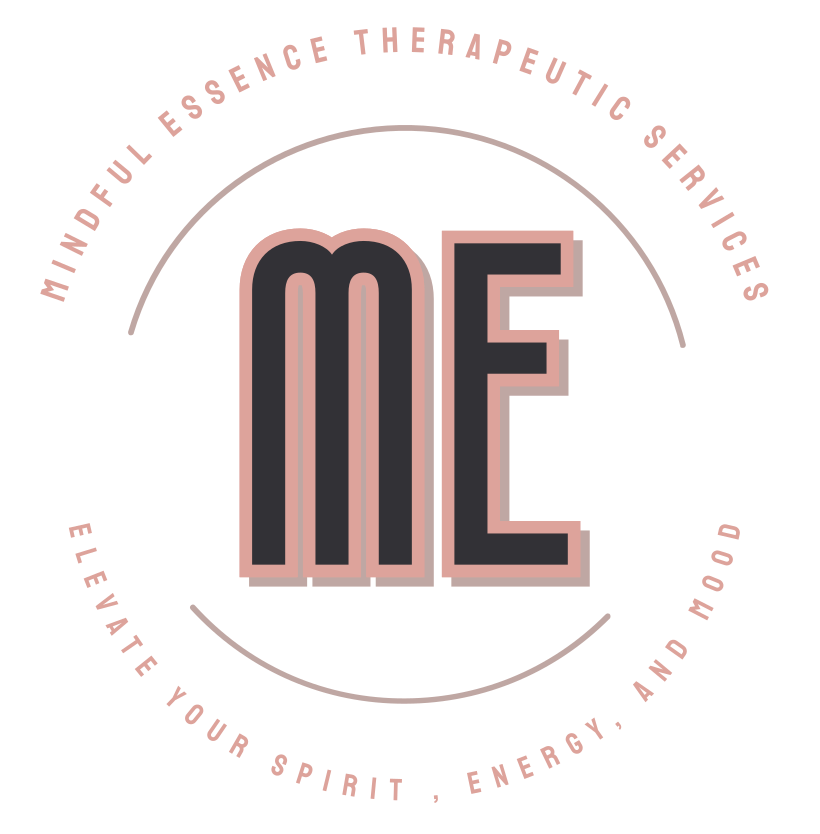Women’s mental health has long been misunderstood, misdiagnosed, and stigmatized. Throughout history, women have been labeled as “hysterical,” “emotional,” or “unstable” rather than receiving proper mental health support. In particular, conditions like Bipolar Disorder (BD) and Borderline Personality Disorder (BPD) have often been weaponized against women, reinforcing harmful stereotypes instead of offering treatment and healing.
A History of Stigma and Misdiagnosis
In the 19th century, “hysteria” was a common diagnosis for women who expressed strong emotions, defied social norms, or exhibited mental health struggles. Many of these women likely had conditions such as depression, anxiety, BPD, or bipolar disorder, but instead of receiving support, they were dismissed as irrational or “overly sensitive.”
Even today, research shows that women are more likely to be misdiagnosed with BPD when they actually have BD, while men are often diagnosed with BD when they may have BPD. This bias impacts treatment, as the two disorders require different approaches. BD is a mood disorder marked by episodes of mania and depression, while BPD is a personality disorder characterized by emotional instability, fear of abandonment, and difficulty maintaining relationships.
How Women Can Heal: ACT and DBT
ACT focuses on helping individuals accept difficult emotions instead of avoiding them. Rather than trying to eliminate pain, ACT encourages mindfulness, self-compassion, and values-based living. For women with BD or BPD, this approach allows them to shift from self-judgment to self-acceptance, improving emotional resilience.
Dialectical Behavior Therapy (DBT)
DBT was originally developed for BPD but has since been adapted for various mental health struggles, including BD. It teaches key skills such as:
Mindfulness – Staying present and aware of emotions without being overwhelmed.
Distress Tolerance – Learning how to cope with intense emotions in a healthy way.
Emotion Regulation – Understanding and managing emotional fluctuations.
Interpersonal Effectiveness – Building healthy relationships and setting boundaries.
DBT has been particularly empowering for women, as it acknowledges the societal pressures they face and provides tools to navigate them.
Moving Forward: A New Narrative for Women’s Mental Health
As we celebrate Women’s History Month, it’s essential to recognize how far we’ve come—and how much further we need to go—in supporting women’s mental health. No longer should emotional struggles be dismissed as “hysteria” or “attention-seeking.” Instead, through awareness, proper diagnosis, and effective therapies like ACT and DBT, women can reclaim their narratives and build healthier, more fulfilling lives.
It’s time to shift the conversation from stigma to support. Women deserve understanding, validation, and access to the right tools for healing.
Choose ME.


0 Comments